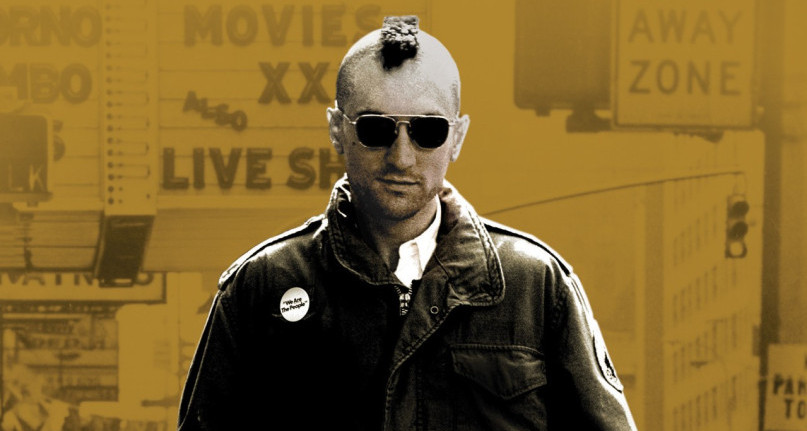
Every year, many cinephiles, as soon as they learn the Oscar nods of the year, start cheering for their personal favorites until Oscar night arrives. However, many, many times, the movie chosen by most of the critics or the audience’s favorite ends up not winning Best Picture. Remember when Orson Welles’s “Citizen Kane” lost the award to John Ford’s “How Green Was My Valley”? Or when “Crash” took home the award instead of “Brokeback Mountain”? Or even when “The Thin Red Line” and “Saving Private Ryan” lost to “Shakespeare in Love”?
But there is something even worse than losing the Oscar for Best Picture, and that is when an amazing film does not take home any awards at all. In the cases of the aforementioned films, “Citizen Kane” won the Original Screenplay award; “Brokeback Mountain” the Best Director award for Ang Lee’s amazing work, as well as Best Adapted Screenplay Award and Best Original Score; and “Saving Private Ryan” won Steven Spielberg his second directing Oscar, as well as Best Cinematography, Best Sound Mixing, Best Film Editing and Best Sound Effects. However, the masterpiece “The Thin Red Line” did not take home any statues. And cases like this are the ones we’re approaching in this article.
In this selection we chose only the movies that were nominated for Best Picture, among other categories, but ended up not taking home any of statues. So, here are 10 amazing films that were nominated at the Oscars but did not win any.
10. Hell or High Water (2016)
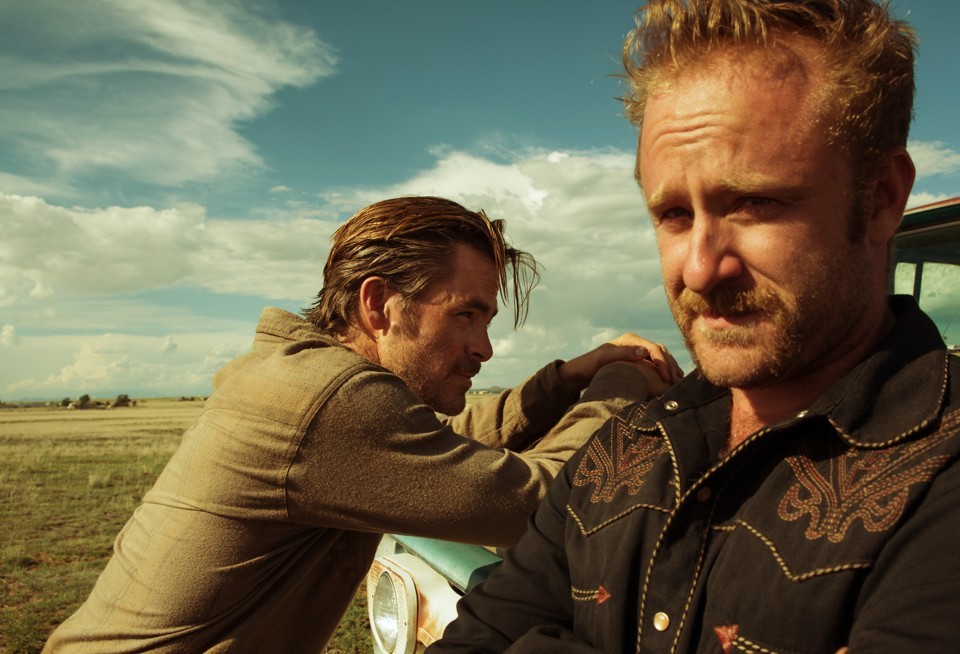
At the 89th Oscars in 2017, “Hell or High Water”, written by Taylor Sheridan and directed by David Mackenzie, was nominated for Best Original Screenplay (Taylor Sheridan), Best Actor in a Supporting Role (Jeff Bridges), Best Editing (Jake Roberts) and Best Picture.
Although the four Oscar nods, “Hell or High Water” did not take home any of the awards. One of the best written movies of 2016, this film uses elements of action and thriller to approach a family drama with a very clear social message. The dialogue between Jeff Bridges and Chris Pine’s characters (Marcus Hamilton and Toby Howard, respectively) at the end of the film is one of the most remarkable dialogue scenes of that year.
The film was also screened at the Un Certain Regard section of the 2016 Cannes Film Festival and, even though it did not win any of the Oscars for which it was nominated, “Hell or High Water” was recognized among the 10 movies of the year by the American Film Institute and is far from being forgotten by audiences.
9. Dr. Strangelove or: How I Learned to Stop Worrying and Love the Bomb (1964)

Nominated for four Oscars in 1965 – Best Picture, Best Director (Stanley Kubrick), Best Actor (Peter Sellers) and Best Adapted Screenplay (Stanley Kubrick, Terry Southern and Peter George, from “Red Alert”, written by Peter George) – “Dr. Strangelove or: How I Learned to Stop Worrying and Love the Bomb” is fairly remembered as one of Kubrick’s finest works.
This satire of the Cold War that follows a general ordering a nuclear attack on the Soviet Union while the President of the United States, a Royal Air Force officer, and the Joint Chiefs of Staff try to avoid a nuclear apocalypse, is further proof that Kubrick is able to play in a wide variety of film genres masterfully.
Losing three of the Oscars to the film “My Fair Lady” and the Adapted Screenplay award to “Beckett”, “Dr. Strangelove”, a tale of power and paranoia, stood the test of time and now is deservedly recognized as one of the best movies in the career of one of history’s best filmmakers.
8. The Elephant Man (1980)
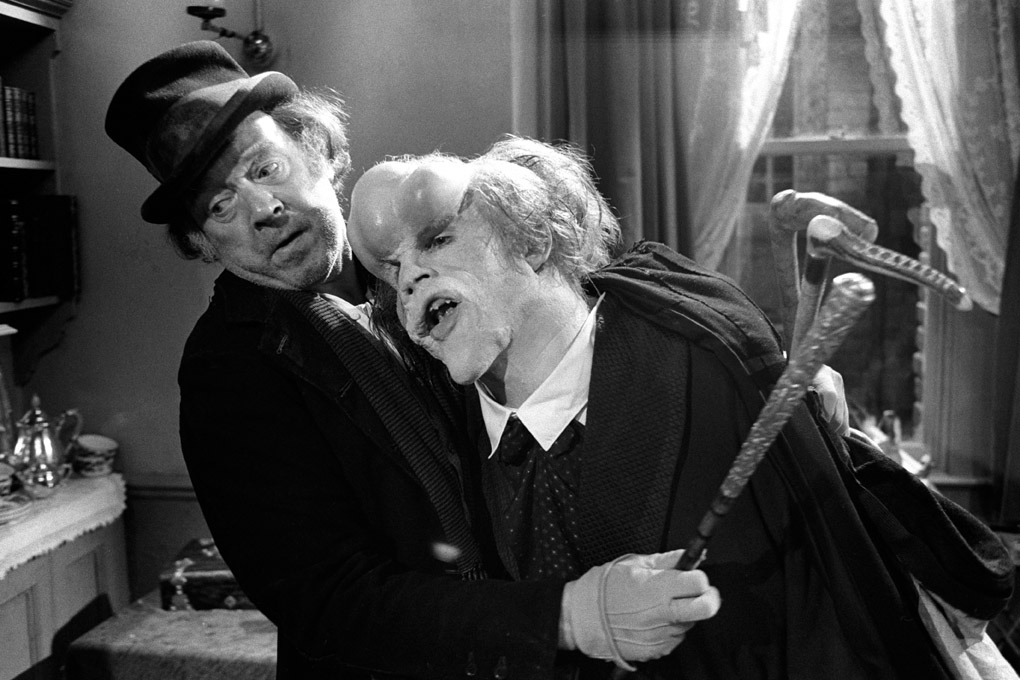
Nominated for 8 Oscars in 1981, “The Elephant Man”, one of the greatest films in Lynch’s filmography, ended up not winning any. The nominations were for Best Picture, Best Director (David Lynch), Best Adapted Screenplay (David Lynch, Christopher De Vore and Eric Bergren), Best Actor (John Hurt), Best Costume Design (Patricia Norris), Best Art Direction (Stuart Craig, Robert Cartwright and Hugh Scaife), Best Editing (Anne V. Coates) and Best Original Score (John Morris).
Competing with Martin Scorsese’s “Raging Bull” and Robert Redford’s “Ordinary People”, “The Elephant Man” left the 53rd Oscars empty-handed, but is deservedly acclaimed worldwide for depicting the real story of John Merrick (in real life, the man was named Joseph Merrick), a deformed man living in England in the 19th century.
Definitely one of the most beautiful movies made in the US in the 1980s, with brilliant performances by John Hurt, Anthony Hopkins and Anne Bancroft, “The Elephant Man” is a somber story of the survival of a man who was mistreated in so many ways and treated like an animal, but was more human than anybody around him.
7. The Shawshank Redemption (1994)
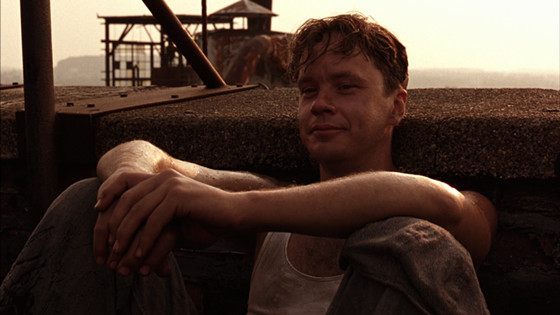
On the day this article is being written, “The Shawshank Redemption” is the top rated film on IMDb, right before “The Godfather” (2nd) and “The Godfather: Part II” (3rd), and is definitely one of the audience’s favorite movies of all time.
Nominated for Best Picture, Best Actor (Morgan Freeman), Best Adapted Screenplay (Frank Darabont), Best Cinematography (Roger Deakins), Best Editing (Richard Francis-Bruce), Best Original Score (Thomas Newman) and Best Sound Mixing (Elliot Tyson, Michael Herbick, Robert J. Litt and Willie D. Burton), “The Shawshank Redemption” did not win any of those awards at the 67th Oscars.
Adapted from the work of Stephen King, greatly written and with beautiful performances by Morgan Freeman and Tim Robbins, this film stood the test of time and, even though it didn’t win any Oscars that year, is without a doubt one of the most remarkable movies of the 1990s.
6. The Color Purple (1985)
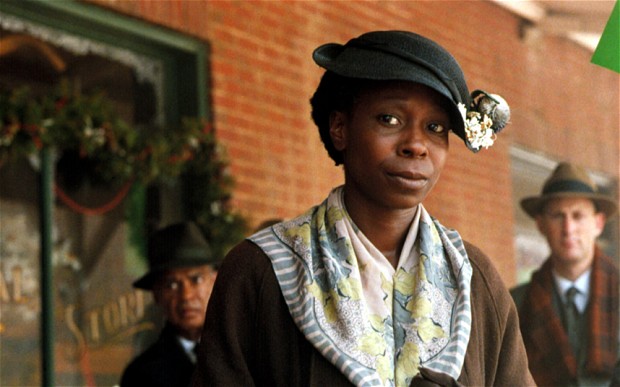
One of the best works in the career of Steven Spielberg, at the 58th Academy Awards, “The Color Purple” was nominated for 11 Oscars but did not take home a single statue.
The nods were: Best Picture, Best Actress (Whoopi Goldberg), Best Actress in a Supporting Role (Margaret Avery and Oprah Winfrey), Best Cinematography (Allen Daviau), Best Adapted Screenplay (Menno Meyjes), Best Original Score (Andraé Crouch, Caiphus Semenya, Chris Boardman, Fred Steiner, Jack Hayes, Jeremy Lubbock, Jerry Hey, Joel Rosenbaum, Jorge Calandrelli, Quincy Jones, Randy Kerber and Rod Temperton), Best Original Song (Lionel Richie, Quincy Jones and Rod Temperton), Best Art Direction (Bo Welch, Linda DeScenna and J. Michael Riva), Best Costume Design (Aggie Guerard Rodgers) and Best Makeup (Ken Chase).
“The Color Purple” follows 30 years in the life of Celia, starting when she was 14 years old and pregnant by her father. With a brilliant performance by Whoopi Goldberg, we follow the struggles of Celie’s tough life and how she overcomes her obstacles when she learns to believe in herself.
Even though it didn’t take home any Oscars, “The Color Purple” is considered one of Spielberg’s greatest works and should absolutely be watched by anyone who loves cinema.